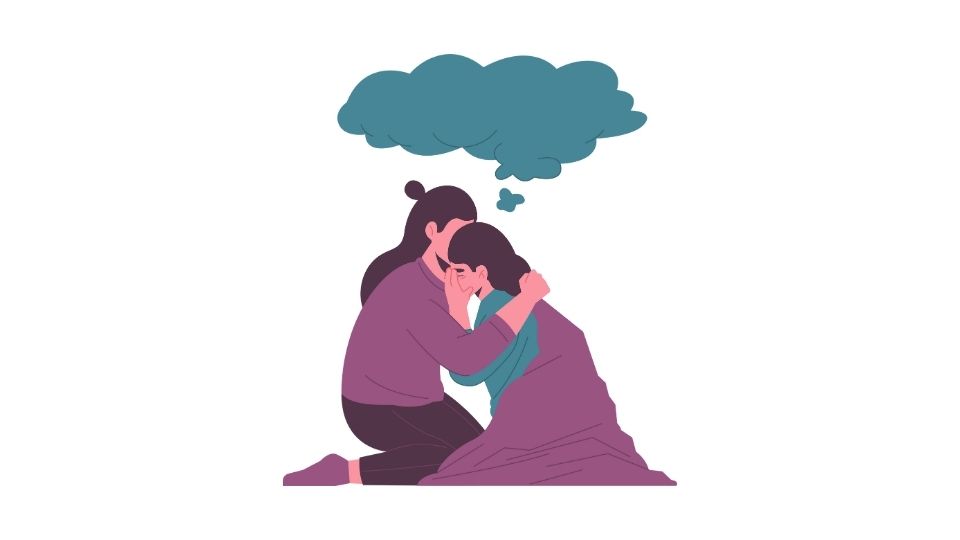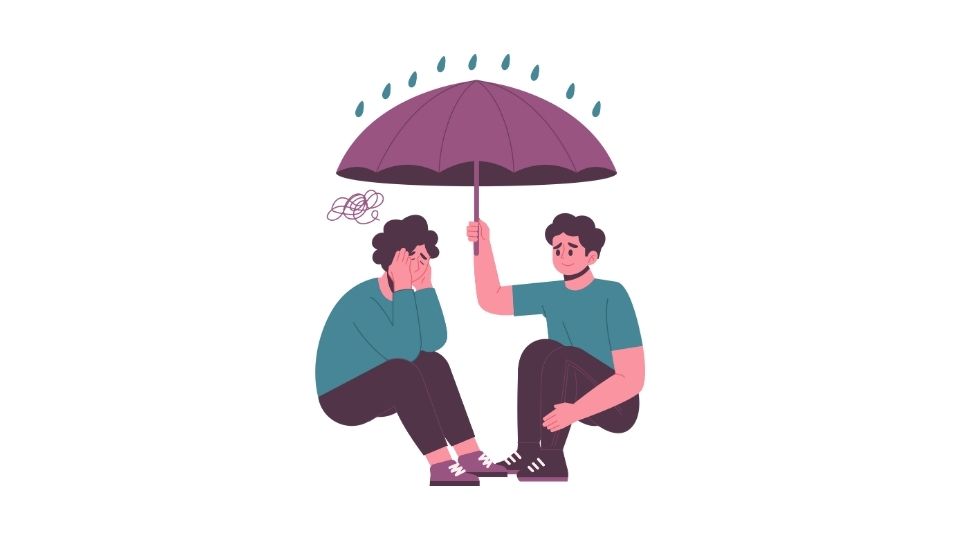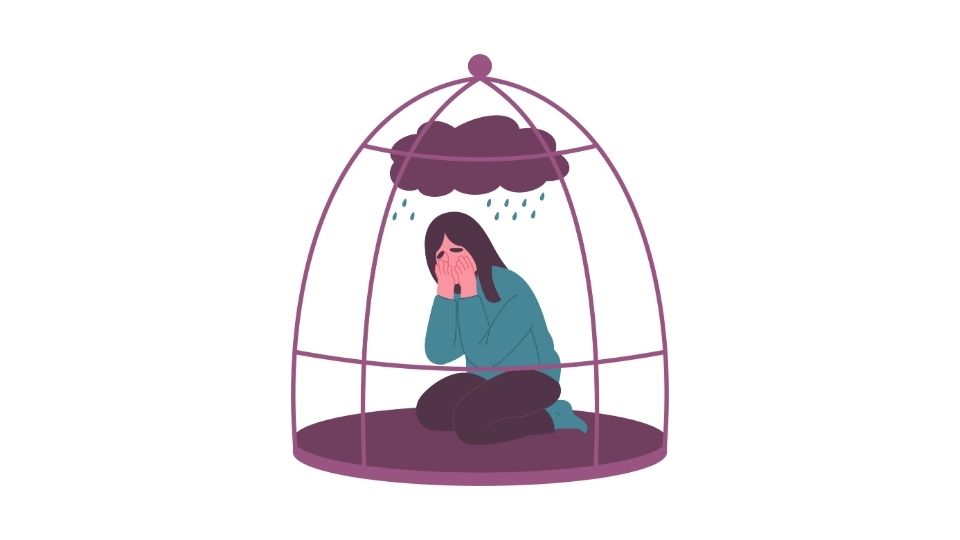How to Get a Case Manager for Mental Health Services

How to Get a Mental Health Case Manager (and Why You Might Need One)
Struggling with mental health issues can feel like trying to climb a mountain without gear. It’s exhausting, overwhelming, and sometimes seems impossible.
That’s where a mental health case manager comes in – they’re like your personal guide through the complex mental healthcare system, making sure you get the support you need.
But how do you actually get one? And are you even eligible?
Let’s break it all down – no jargon, just straight talk about getting the help you deserve.
What Is a Mental Health Case Manager?
Think of a mental health case manager as your personal healthcare quarterback. They coordinate all the moving parts of your mental health care and support system.
What do they actually do? A lot:
- Coordinate services like therapy, medication management, and community resources
- Develop personalized care plans based on your specific needs
- Advocate for you with healthcare providers, insurance companies, and social services
- Connect you with resources for housing, financial assistance, and other practical needs
- Provide ongoing support to help you navigate the healthcare system
As the National Alliance on Mental Illness explains, case managers are trained professionals dedicated to helping people with mental health challenges get comprehensive, coordinated care.
Who Qualifies for a Mental Health Case Manager?

Not everyone needs a case manager, but if you’re dealing with any of these situations, you might benefit from one:
- Complex or chronic mental health conditions like schizophrenia, bipolar disorder, or severe depression
- Multiple diagnoses that require coordination between different healthcare providers
- Difficulty accessing services on your own due to your mental health condition
- Housing instability or homelessness
- Need for help with daily living skills
- Frequent hospitalizations or emergency room visits
- Limited social support from family or friends
Case management is especially helpful if you feel overwhelmed by the healthcare system or are struggling to keep track of appointments, medications, and other aspects of your care.
How to Get a Mental Health Case Manager: 6 Practical Paths

1. Talk to Your Current Mental Health Provider
If you’re already seeing a therapist, psychiatrist, or counselor, start there!
They can often:
- Assess your need for case management
- Make direct referrals to case management services
- Connect you with hospital or community mental health programs
According to the American Psychological Association, many mental health providers work within networks that include case management services.
2. Contact Community Mental Health Centers
Community mental health centers are gold mines for case management services.
These centers typically:
- Offer sliding scale fees based on income
- Provide comprehensive mental health services
- Have case managers on staff
- Can connect you with other community resources
To find one near you, search “[your city/county] + community mental health center” or call your local health department.
3. Check Your Insurance Coverage
Many insurance plans cover case management services as part of their mental health benefits.
Steps to take:
- Call the member services number on your insurance card
- Ask specifically about “behavioral health case management”
- Inquire about the referral process
- Check if there are specific in-network providers you need to use
If you have Medicaid, you’re in luck! Medicaid often has robust case management services for eligible individuals.
4. Explore Specialized Programs
Depending on your situation, you might qualify for specialized case management programs:
- Veterans: The VA offers case management through their mental health services
- Older adults: Look into geriatric mental health programs
- Children and adolescents: Child-focused mental health agencies often provide family-centered case management
- People with disabilities: Many disability service organizations include mental health case management
The Substance Abuse and Mental Health Services Administration maintains a comprehensive directory of specialized mental health programs.
5. Apply Through Public Mental Health Systems
Your state or county mental health department might offer case management services if you meet certain criteria.
To access these:
- Contact your local public mental health authority
- Complete an intake assessment
- Meet eligibility requirements (which vary by location)
Public systems often prioritize those with serious mental illness or those in crisis, so be prepared to discuss your needs in detail.
6. Reach Out to Nonprofit Organizations
Many nonprofits offer case management or can help connect you with these services.
Organizations to consider:
- National Alliance on Mental Illness (NAMI) local chapters
- Mental Health America affiliates
- Recovery community organizations
- Faith-based service organizations
These groups often have resources or navigators who can guide you through the process of finding a case manager.
What to Expect When Working With a Case Manager

Once you’re connected with a case manager, here’s what typically happens:
Initial Assessment
Your case manager will conduct a comprehensive assessment of your situation, including:
- Mental health symptoms and history
- Physical health needs
- Housing situation
- Financial resources
- Social supports
- Daily living skills
- Goals and preferences
Developing a Care Plan
Together, you’ll create a personalized plan that might include:
- Treatment recommendations
- Referrals to specialists
- Strategies for accessing benefits
- Housing support
- Employment or education goals
- Crisis planning
Ongoing Support and Coordination
Your case manager will provide continuous support by:
- Scheduling and reminding you about appointments
- Helping with paperwork for benefits
- Communicating with your healthcare team
- Checking in regularly to assess progress
- Adjusting your plan as needed
According to the Case Management Society of America, effective case management improves outcomes by ensuring all parts of your care are working together.
Making the Most of Your Case Management Relationship

To get the best results:
- Be honest about your needs and challenges
- Keep appointments with your case manager
- Follow through on agreed-upon steps
- Speak up if something isn’t working
- Set clear goals for what you want to achieve
- Maintain communication between appointments if issues arise
Remember that case managers are there to support you, not control you. The relationship works best when it’s collaborative.
Working with a case manager might feel strange at first if you’re used to handling everything yourself. But having someone in your corner who understands the system can make all the difference in your mental health journey.
Don’t be afraid to ask questions, express concerns, or request changes if needed. After all, this is YOUR care we’re talking about!

